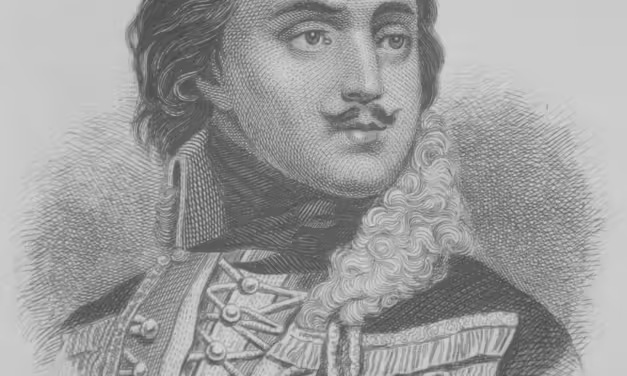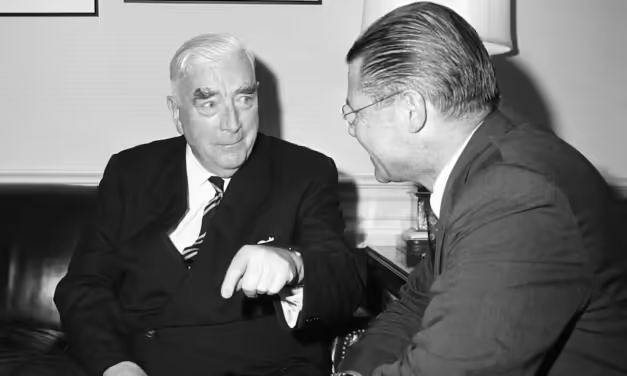Adventurous identities: intersex soldiers and cross-dressing women at war
Reading time: 4 minutes
Pulaski is a hero of the struggles for Polish and American independence. He is credited with saving George Washington’s life in battle and with establishing the first American cavalry force. According to the documentary, DNA testing has confirmed a female-appearing skeleton is indeed Pulaski’s. This new evidence is the first hint that Pulaski – who seems to have lived as male from childhood – was anything other than a cisgendered man.












